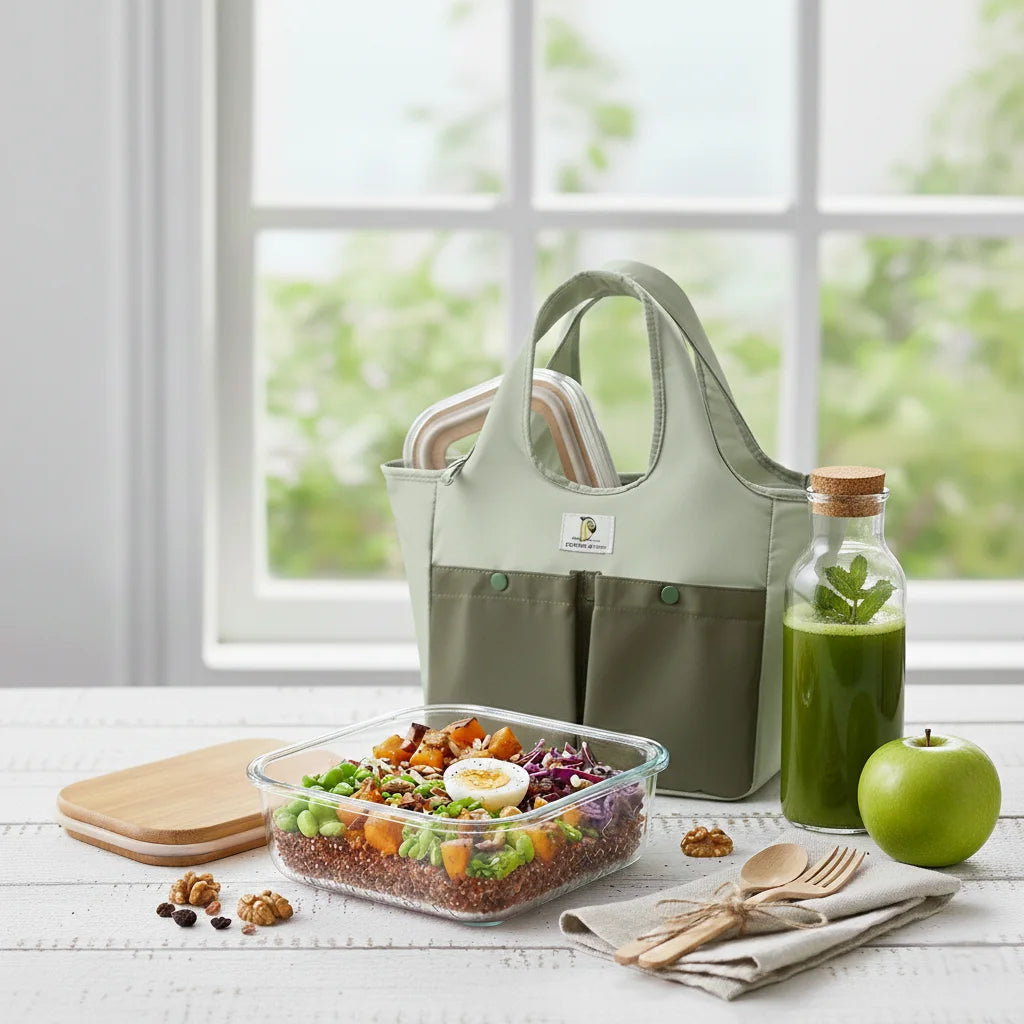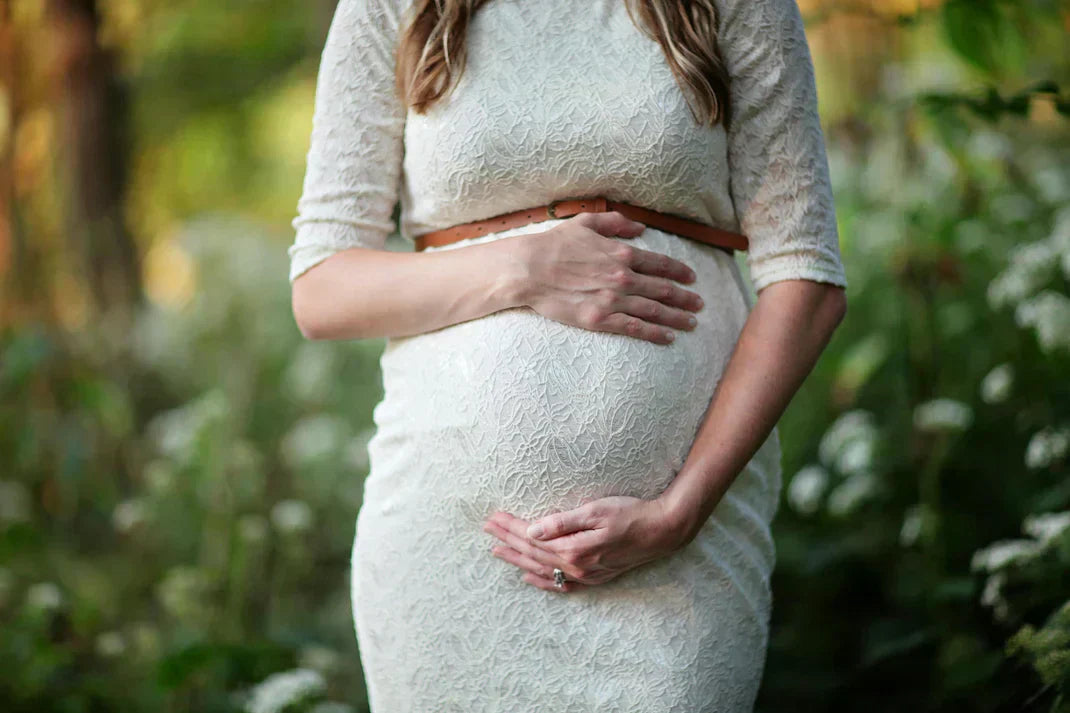Preparing the eldest for the arrival of the baby
Congratulations, the family is growing! While the arrival of a newborn is a tremendous joy, it can also be a big step for your oldest child. Between excitement and the fear of losing their place, feelings can be mixed. By understanding their feelings and involving them, you can make this transition a joyful time for everyone.
Toddlers (1 to 2 years)
At this age, your child doesn't yet understand the concept of a new baby. The key is to make them feel your excitement! Talk about "the baby," and let them see you packing their things. Even if they don't understand everything, they'll sense your excitement. Show them pictures of when they were little; this will help them get used to the idea.
Preschoolers (2 to 4 years old)
This is a time of big changes, and your child is very attached to you. For them, the arrival of a baby can be a source of anxiety. Here's how to support them.
The right time to announce it. Wait a little while, until your belly rounds out and the equipment shopping begins. The idea is to explain things to him before he finds out from someone else.
Be honest and positive. Explain that baby will be cute, but also that they will cry and take up a lot of your time. Reassure them that you will always love them and that the family is growing for more love.
Make him a big player. Involve him in the preparations! Let him help you choose the color of the diaper bag or prepare things for the newborn. This will help him feel important and part of this new adventure.
Don't panic about regression. It's normal for a child this age to want to go back to the bottle or to have accidents. This is their way of telling you they need attention. Praise them for their efforts and their grown-up behavior.
Time for just the two of you. The arrival of a baby shouldn't mean the end of special moments with your older sibling. Spend time with them, read a story, play, and most importantly, don't hesitate to ask a friend or family member to take them along so they don't feel left out.
School-aged children (5 years and older)
At this age, children are easier to prepare. They understand things. The key is to value them and give them a role.
Explain the change. Talk to him honestly about how the arrival of a baby will change things for the whole family. Involve him by letting him help prepare the room or choose outfits for the newborn.
Give him a role. Let your older child help you care for your baby, under your supervision. Recognize his actions and praise him when he is gentle and caring.
Continue to value him. The time you spend with him is essential. Take a moment each day to remind him how exceptional he is.










